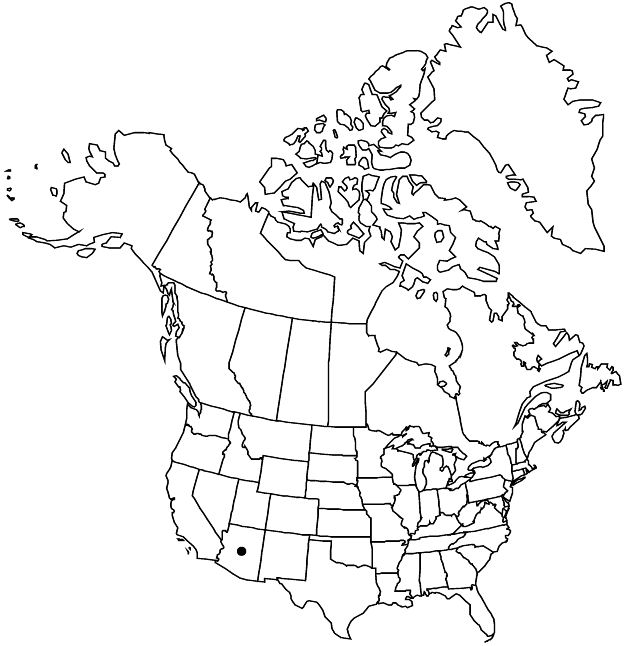familyRosaceae
subfamilyRosaceae subfam. Rosoideae
genusPotentilla
sectionPotentilla sect. Subviscosae
speciesPotentilla rhyolitica
Difference between revisions of "Potentilla rhyolitica var. rhyolitica"
Treatment appears in FNA Volume 9. Treatment on page 186.
imported>Volume Importer |
imported>Volume Importer |
||
| Line 43: | Line 43: | ||
|publication year= | |publication year= | ||
|special status= | |special status= | ||
| − | |source xml=https:// | + | |source xml=https://bitbucket.org/aafc-mbb/fna-data-curation/src/2e0870ddd59836b60bcf96646a41e87ea5a5943a/coarse_grained_fna_xml/V9/V9_277.xml |
|subfamily=Rosaceae subfam. Rosoideae | |subfamily=Rosaceae subfam. Rosoideae | ||
|tribe=Rosaceae tribe Potentilleae | |tribe=Rosaceae tribe Potentilleae | ||
Latest revision as of 22:55, 5 November 2020
Stems 0.3–2 dm. Leaves gray-green; long hairs of petioles 1(–2) mm; leaflets: hairs usually dense, sometimes common. Flowers 2–10; filaments 1.5–2.5 mm; carpels 5–15, styles 2–2.5 mm. Achenes 1.5 mm, smooth to lightly rugose.
Phenology: Flowering Apr–Jun.
Habitat: Rhyolite and quartzite outcrops, in open pine forests
Elevation: 2600–2900 m
Discussion
Of conservation concern.
Variety rhyolitica forms dense tufts in outcrops near the summits of the Huachuca and Santa Rita ranges (Cochise and Santa Cruz counties). The name Potentilla viscidula (Rydberg) Rydberg (= P. wheeleri var. viscidula Rydberg) was misapplied to these plants by T. H. Kearney and R. H. Peebles (1951); that name has been lectotypified on the hybrid of P. rhyolitica and P. subviscosa (B. Ertter 2007c).
Selected References
None.
Lower Taxa
None.
